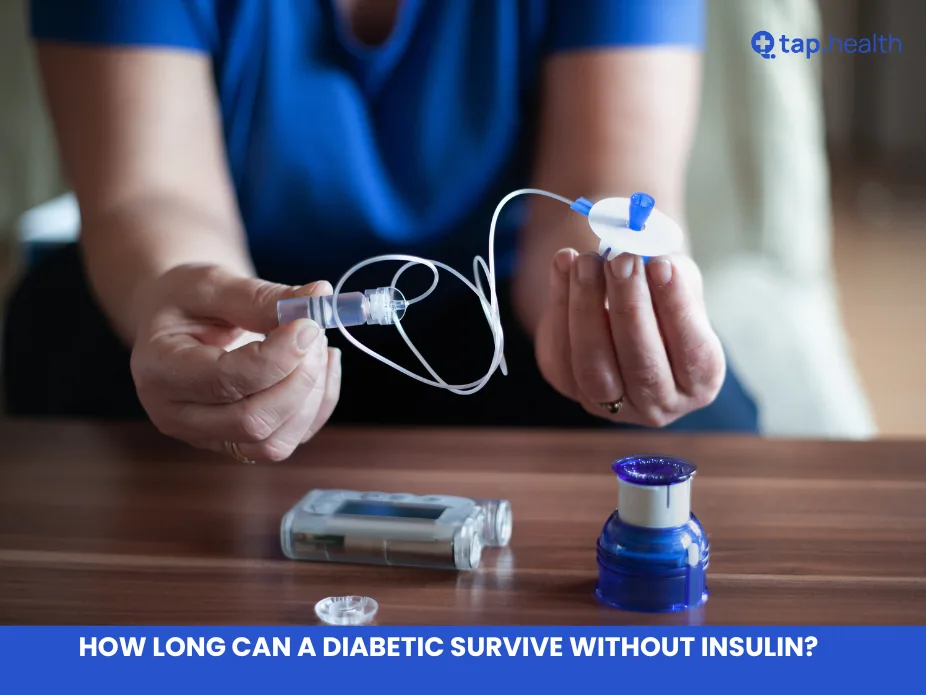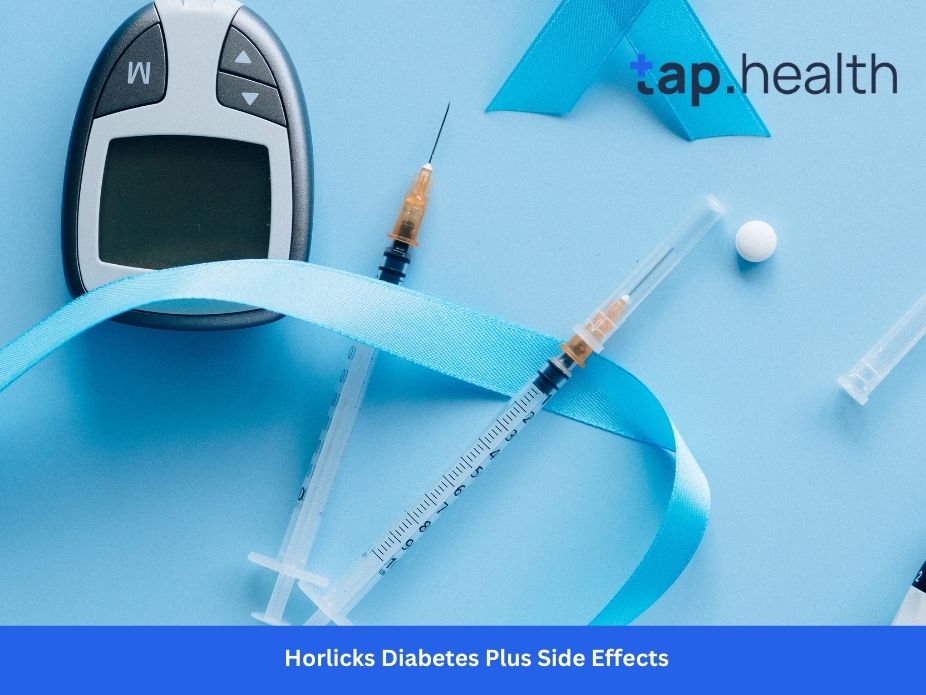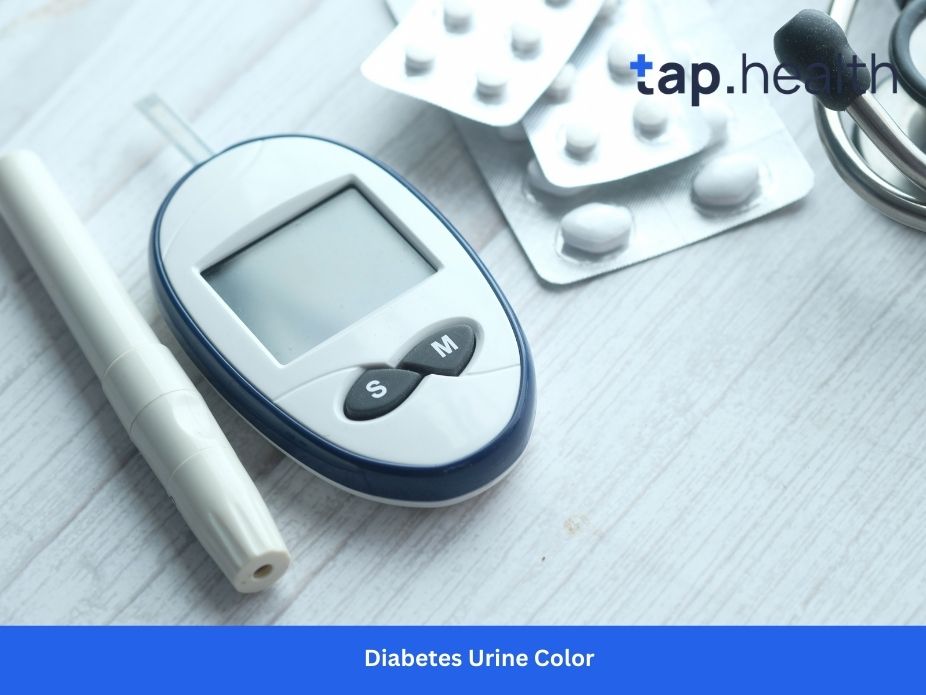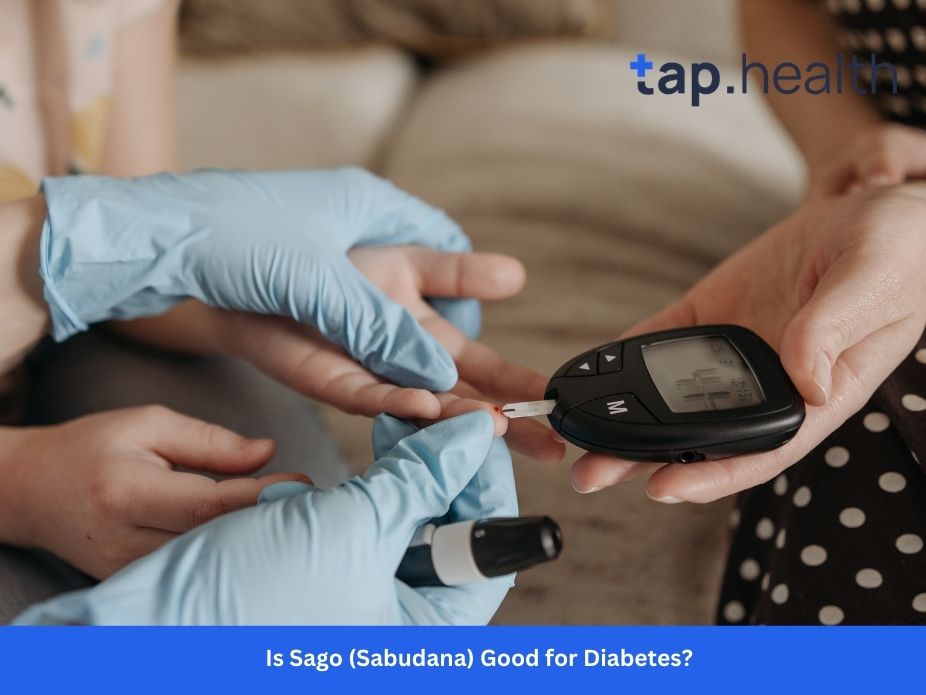For people living with diabetes, especially Type 1 diabetes, insulin isn’t just a medication—it’s a lifeline. But what happens if insulin is unavailable? This blog explores the risks of living without insulin, shares real-life examples, expert advice, and practical tips to help you better understand the role of this critical hormone in diabetes management.
Why Is Insulin Essential for Diabetics?
Insulin is a hormone produced by the pancreas that helps regulate blood sugar levels. In people with diabetes:
- Type 1 Diabetes: The body produces little to no insulin, making external insulin essential for survival.
- Type 2 Diabetes: Insulin resistance means the body doesn’t use insulin effectively, which can sometimes be managed through lifestyle changes or medications, but may still require insulin in advanced stages.
Without insulin, blood sugar levels rise dangerously high, leading to complications like diabetic ketoacidosis (DKA) and organ failure.
How Long Can a Diabetic Survive Without Insulin?
The time a diabetic can survive without insulin depends on several factors, including:
- Type of Diabetes: People with Type 1 diabetes cannot survive long without insulin, typically only a few days before severe complications arise.
- Overall Health: A person’s age, lifestyle, and other health conditions can influence how quickly complications occur.
- Blood Sugar Levels: Extremely high levels (hyperglycemia) can quickly lead to DKA, a life-threatening condition.
- For Type 1 Diabetes: Survival without insulin is usually limited to 2–4 days before DKA sets in.
- For Type 2 Diabetes: Some individuals may manage for weeks or months, but high blood sugar can still cause serious long-term damage.
Also read this – does diabetes make you lose your hair
Real-Life Scenarios
Arjun’s Close Call with Insulin Shortage
Arjun, a 28-year-old from Mumbai, was diagnosed with Type 1 diabetes at the age of 10. During the COVID-19 lockdown, he faced an unexpected shortage of insulin. “I didn’t think missing my dose for a day would be a big deal, but by the second day, I felt nauseous, weak, and couldn’t think straight,” he recalls.
Arjun’s family rushed him to the hospital, where doctors diagnosed him with the early stages of DKA. Thankfully, prompt medical intervention stabilized his condition. “It was a scary reminder of how dependent I am on insulin,” he shares.
Expert Contributions
Insights from Dr. Meera Kapoor, Endocrinologist
Dr. Meera Kapoor, an endocrinologist based in Bangalore, explains why insulin is critical for survival, particularly for those with Type 1 diabetes.
“Without insulin, the body cannot regulate blood sugar levels, leading to dangerous complications like diabetic ketoacidosis. For patients with Type 1 diabetes, even a single missed dose can be life-threatening. It’s crucial to have a backup plan in place for emergencies,” advises Dr. Kapoor.
She recommends maintaining a buffer stock of insulin and consulting your healthcare provider immediately if doses are missed.
Also read this : Can Implantation Bleeding Occur Without Pregnancy?
Recommendations Grounded in Proven Research and Facts
To avoid complications from missing insulin doses, consider these steps:
1. Plan Ahead for Emergencies
- Keep extra insulin supplies at home and check expiration dates regularly.
- Store insulin properly to maintain its effectiveness, even during travel or power outages.
2. Monitor Blood Sugar Closely
Check your blood sugar levels more frequently if you’re unable to take insulin, and seek medical help if levels rise dangerously high.
3. Stay Hydrated
Dehydration worsens the effects of high blood sugar and can accelerate the onset of DKA. Drink plenty of water and avoid sugary drinks.
4. Know the Warning Signs of DKA
Be aware of symptoms like nausea, fruity-smelling breath, confusion, and rapid breathing. Seek immediate medical attention if these occur.
5. Communicate with Your Doctor
Always inform your doctor if you’re facing issues accessing insulin or managing your condition. They may be able to suggest alternative options or resources.
Factual and Reliable Information
Here are some important facts about insulin and diabetes survival:
- Type 1 Diabetes Requires Insulin: Without insulin, people with Type 1 diabetes can develop DKA within days, which can be fatal if untreated.
- Type 2 Diabetes and Insulin: While some people with Type 2 diabetes can manage without insulin for longer periods, high blood sugar still poses serious risks.
- DKA Is Life-Threatening: Diabetic ketoacidosis occurs when the body breaks down fat for energy, releasing harmful acids called ketones into the blood.
For more information, visit this resource from the American Diabetes Association.
FAQs on How Long Can a Diabetic Survive Without Insulin?
Q1: Can someone with Type 1 diabetes survive without insulin?
A: No, insulin is essential for survival in Type 1 diabetes. Without it, life-threatening complications like DKA can occur within days.
Q2: How long can a person with Type 2 diabetes go without insulin?
A: This varies, as some people with Type 2 diabetes can manage for weeks or months without insulin. However, prolonged high blood sugar levels can cause severe complications.
Q3: What should I do if I miss an insulin dose?
A: Check your blood sugar levels immediately and take insulin as soon as possible. If you’re unsure, consult your doctor for guidance.
Q4: What are the symptoms of DKA?
A: Symptoms include nausea, vomiting, fruity-smelling breath, rapid breathing, and confusion. Seek medical attention immediately if these occur.
Q5: Can I store insulin without a refrigerator?
A: Insulin can be stored at room temperature (below 30°C) for up to 28 days. Use an insulated bag to keep it cool during travel or emergencies.
Insulin is more than just a treatment—it’s a necessity for many living with diabetes. Understanding the risks of missed doses and taking proactive steps to manage emergencies can save lives. Always consult with your healthcare provider and plan ahead to ensure you have access to the medication you need.



